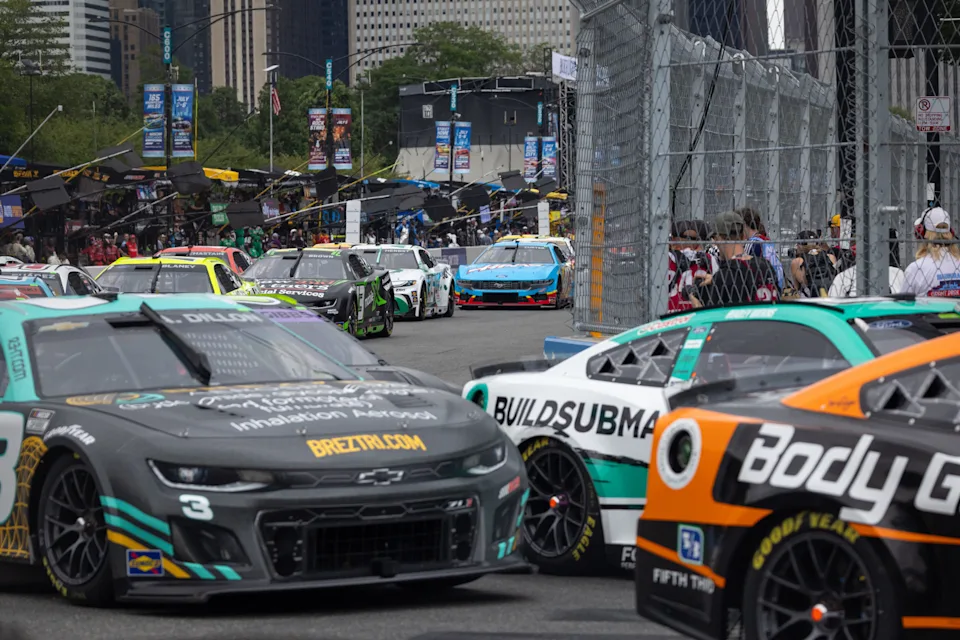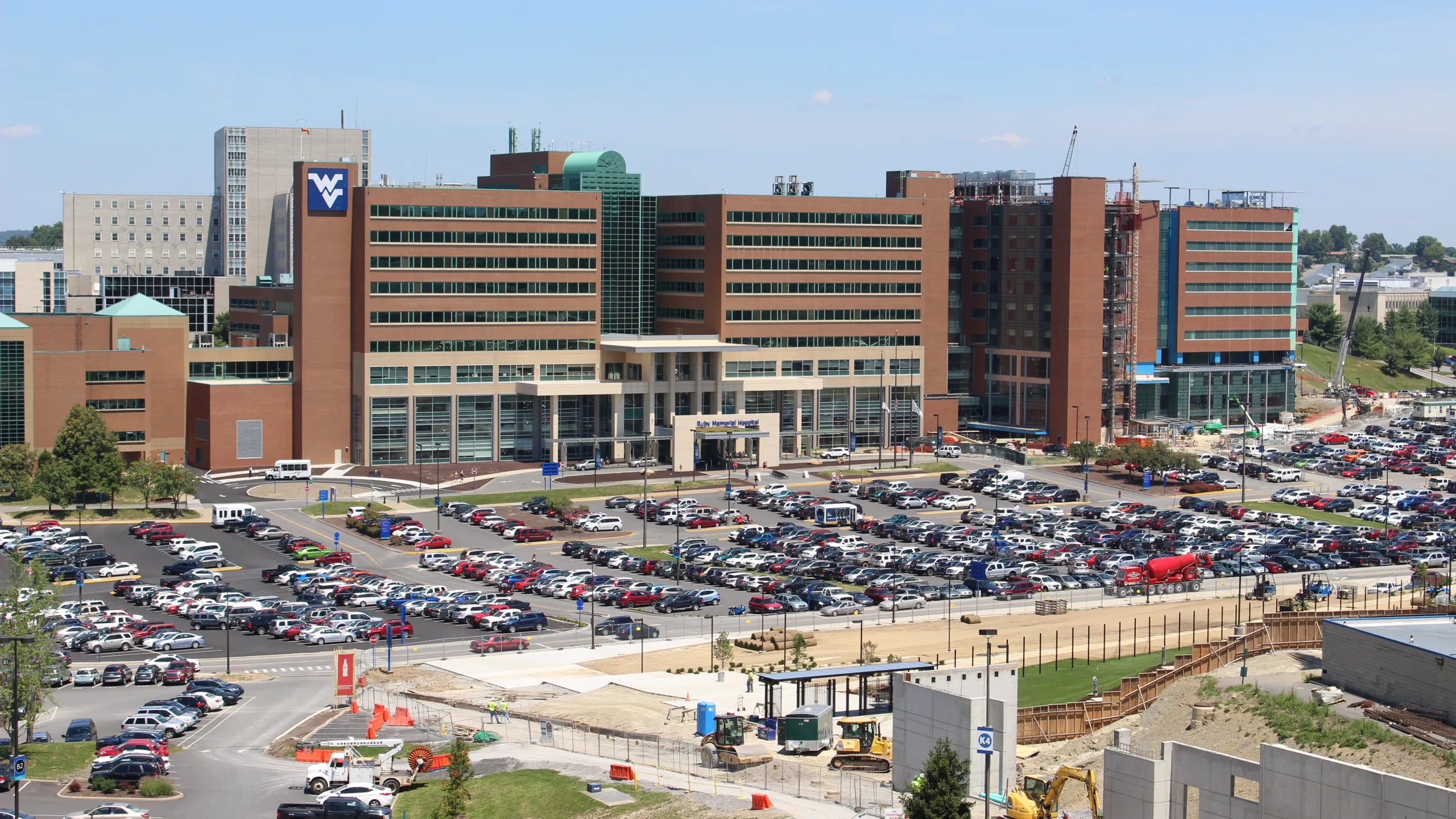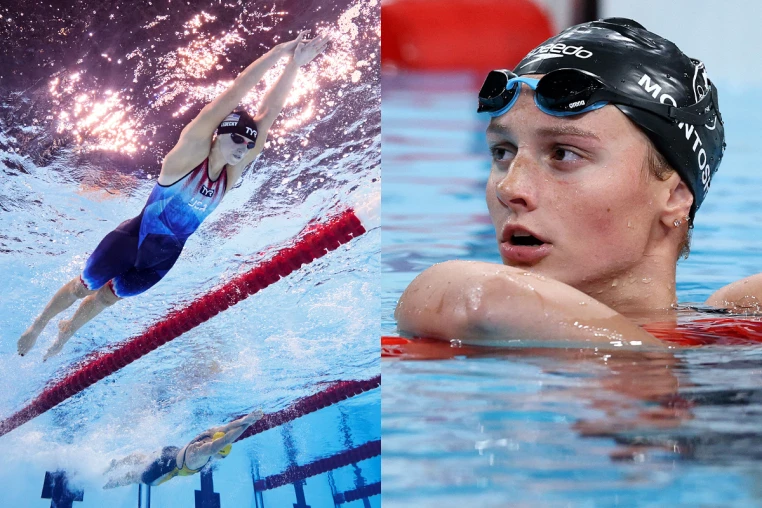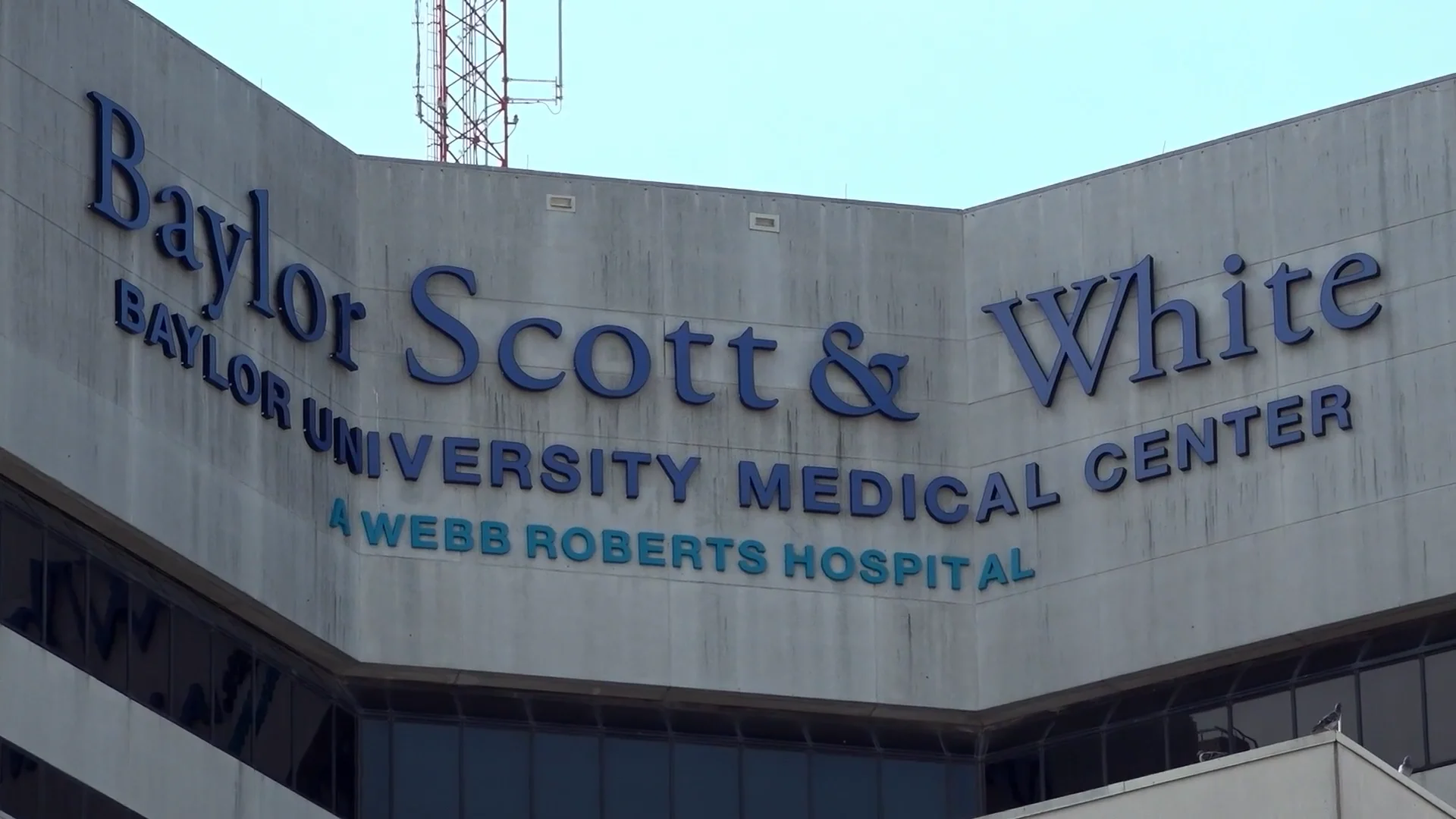
The Current Status of the Chicago Street Race
In a recent announcement, NASCAR has confirmed that the much-anticipated Chicago street race will not take place in 2024. Despite widespread excitement and discussions surrounding the race’s potential to become a premier event on the NASCAR calendar, the organizers and racing authorities decided to hold off for at least another year. According to U.S. News & World Report, NASCAR has officially stated that the Chicago street race will not be part of the 2024 schedule.
Reasons Behind the Decision
Logistical Challenges and Planning Concerns
NASCAR’s decision appears to be driven by multifaceted logistical challenges associated with hosting a street race in a bustling metropolis like Chicago. Organizing a race on city streets involves complex coordination with local authorities, ensuring safety for both drivers and spectators, and managing extensive street closures. These factors require meticulous planning, substantial resources, and approval from various government entities, which can often prolong the preparation period and introduce uncertainties.
Community and Political Factors
Another key concern involves community acceptance and political support. Hosting an event of this magnitude impacts local traffic, businesses, and residents. Some Chicago residents and city officials have expressed mixed feelings about the race, citing concerns over noise, disruptions, and long-term urban planning implications. Such social factors can influence NASCAR’s scheduling decisions, especially when considering the race’s long-term sustainability.
The Future Outlook: A Possible Return in 2027
Potential for a Comeback
While 2024 is off the table, NASCAR officials have not completely ruled out returning to Chicago in the future. Speculations and discussions suggest that the possibility of a Chicago street race could be revisited in 2027. This tentative timeline indicates that NASCAR might be waiting for favorable conditions—such as improved city-road infrastructure, better community engagement, and more thorough planning—to ensure a successful and seamless event.
What Could Enable the Return?
Several factors could influence whether the race makes a comeback in 2027:
- Enhanced Collaboration: Strengthening partnerships with local authorities and communities to address concerns and streamline logistics.
- Infrastructure Improvements: Upgrading city streets and traffic management systems to better accommodate the race.
- Community Engagement: Building widespread support by involving residents and local businesses in planning processes.
- Sponsorship and Financial Backing: Securing solid financial support to cover the high costs associated with street racing events.
Implications for NASCAR and Chicago
What This Means for NASCAR Fans
For fans eager to witness a high-energy street race in Chicago, the news may come as a disappointment. Street races often serve as highlights of the NASCAR calendar, offering a unique and thrilling environment for competitors and fans alike. However, the possibility of a forthcoming return in 2027 fuels hope that this iconic city might host a race in the future, albeit with better preparation and planning.
Impacts on Chicago’s Urban Scene
Hosting a NASCAR street race could have significant impacts on Chicago’s urban landscape. While it might boost tourism, local commerce, and global visibility, the event must be carefully managed to minimize disruptions. The city’s administration remains cautious, weighing the benefits against the potential inconveniences to residents and businesses.
What Loses and Gains Are Involved?
- Losses: The absence of a 2024 race could lead to decreased immediate economic gains and diminished international exposure for Chicago’s racing scene.
- Gains: Delaying the event allows more time to resolve logistical issues, engage communities positively, and ensure the event’s long-term success.
Expert Insights and Industry Perspectives
Many industry experts believe that NASCAR’s cautious approach reflects a strategic move to ensure the race’s long-term viability rather than rushing into an event that could face logistical or social challenges. The decision to hold off until 2027 demonstrates a desire to make the Chicago race a signature event rather than a rushed spectacle. This strategy aligns with NASCAR’s broader goal of expanding its footprint into urban markets while maintaining safety, community relations, and entertainment quality.
Conclusion
While NASCAR fans will need to wait a little longer before experiencing a Chicago street race, the potential for its return remains bright. The decision to skip the 2024 event highlights NASCAR’s cautious yet optimistic outlook for urban racing in Chicago. If the strategic improvements, community engagement, and infrastructural enhancements are achieved, Chicago could once again become a flagship destination for NASCAR in 2027 and beyond.
Ultimately, this timeline underscores NASCAR’s commitment to responsible racing and community partnership, ensuring that when the race happens, it will be a memorable event for all involved.
For more updated news please keep visiting Prime News World.








